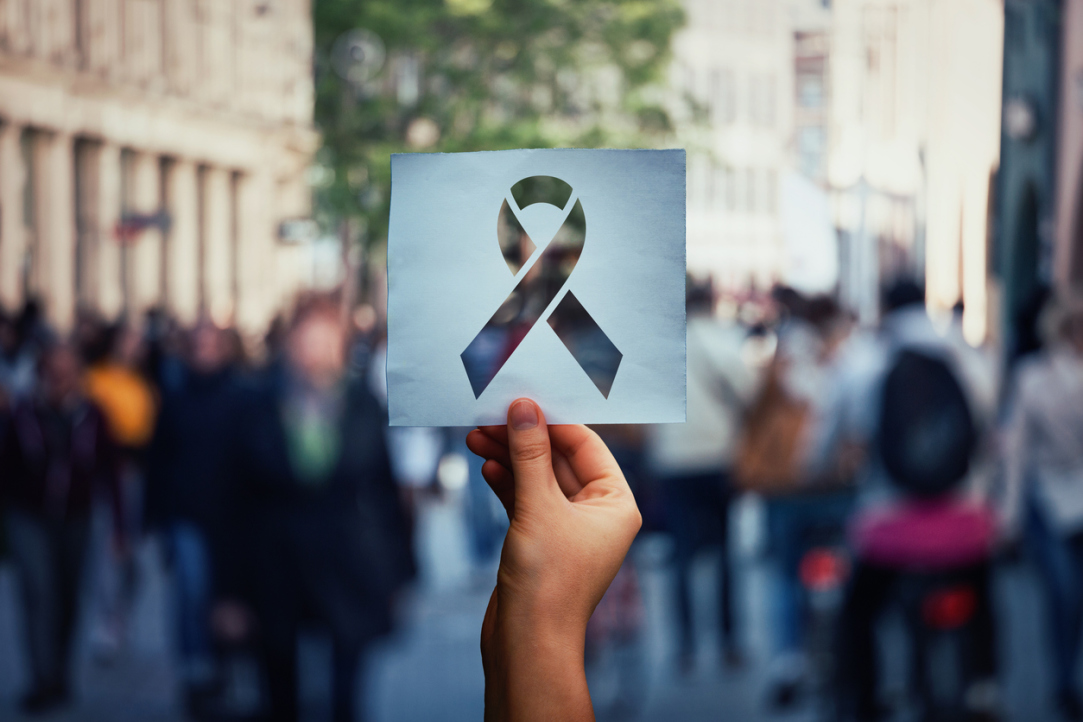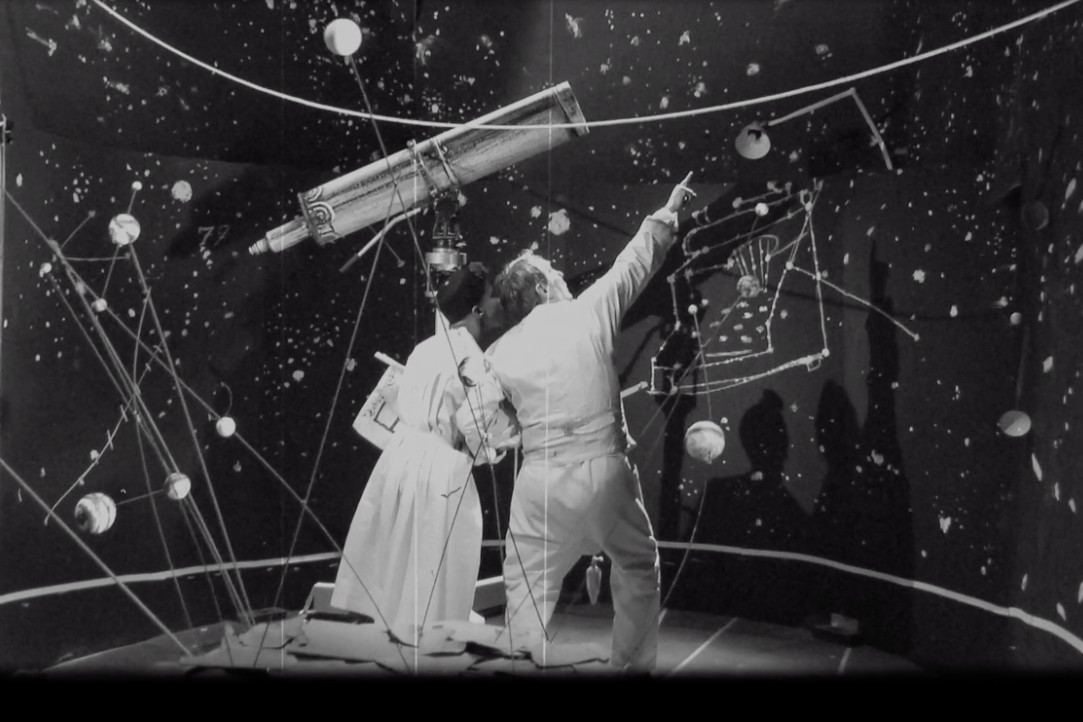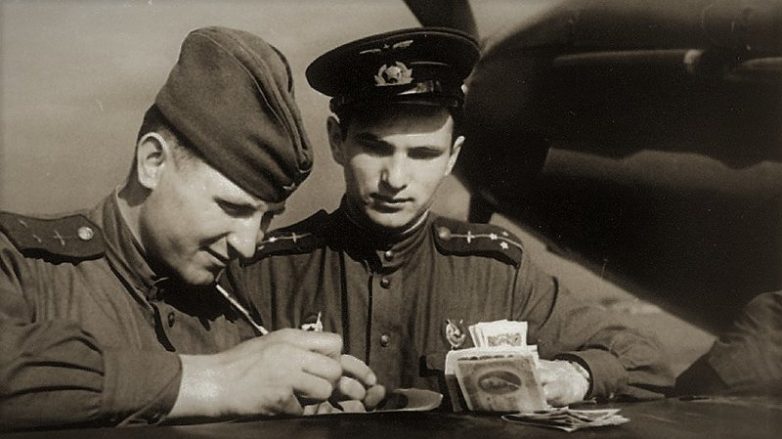Artificial Intelligence Can Now Predict Students’ Educational Outcomes Based on Their VK Posts and Tweets
The new model, created by computational social scientist Ivan Smirnov of HSE University, predicts the academic success of Russian high school students with an accuracy of 94%. The model generates its predictions based on users’ distinctive vocabulary and speech patterns, and the predictions have strongly correlated with students’ Unified State Exam (USE) scores.

Gender Asymmetry Affects Labour Market
According to Natalia Tikhonova, a social scientist with HSE University, gender asymmetry has been on the rise in Russia's labour market over the past 20 years. Gender asymmetry is reflected in the ‘feminisation’ of white-collar jobs and a disproportionate number of men among blue-collar workers. In addition to this, increasing automation in traditionally male industrial sectors is leading to fewer jobs available to men. In contrast, occupations with a growing demand for skills tend to be those which are mainly filled by women.
.jpg)
The Bridge Between Science and Society: HSE University Hosts IV Russian Science Communication Forum
What challenges do science communicators face in Russia today? What lessons have they learned from the pandemic? Journalists, scholars, university staff and governmental representatives discussed issues regarding the popularization of science at the IV Russian Science Communication Forum. HSE University hosted the event for the first time.

HSE University Evaluated the Diagnostic Validity of the SARS Test
Researchers at the HSE University Centre for Language and Brain, in cooperation with a professor of neuropsychology from Lomonosov Moscow State University and specialists from the Centre for Speech Pathology and Neuro-rehabilitation, evaluated the diagnostic validity of the Standardized Assessment of Reading Skills in Russian (SARS) and checked whether the available normative data are current. The results of the study, the updated levels for reading speed, as well as the control levels for evaluating these indicators, were published in The Russian Journal of Cognitive Science.

Russians Consider Themselves Poorer Than They Actually Are
Experts often blame income inequality for a wide range of social ills. They usually calculate its severity using special statistical indices drawn from official tax data or large-scale surveys of individual households. Such analyses create an objective picture and indicate the degree of inequality and the basic factors behind it.

HSE University Researcher Develops Global HIV Prevention Index for Drug Users
People who inject drugs (PWID) are 24 times more likely to be infected with HIV than the rest of the population. Therefore, HIV and AIDS prevention policy among this group should be different. However, the question remains—how effective is it?

It Turns Out That Russians Are Unprepared for Poverty
For years, Russians have failed to develop the ability to adapt to financial vulnerability — that is, to the risk of falling below the poverty line. This is associated with the fact that Russians are less satisfied with life and rate their well-being lower as well. With the prospect of falling poverty an ongoing problem, these indicators have not improved.

Weeping Men: Why Misandry Flourishes in Russian Society
Although Russia has traditionally been a patriarchal society, misandry—the sharp criticism of men, or ‘reverse sexism’—is on the rise. Women accuse men of every possible sin, from acting aggressively to being too passive at work and home, and from narcissism to general indifference. In a pilot study, HSE University researchers studied misandry in the women of two different generations.

Objectivity and Beyond
What role has objectivity played in the history of science and what role does it play today? How are innovations in science possible? What is the interrelation between research practices, epistemic virtues, and the scientific self? Alex Pleshkov and Jan Surman discuss these and many other questions with Lorraine Daston and Peter Galison, the authors of Objectivity, one of the most important books of the 21st century in the field of the history of knowledge.

Financial Front: The USSR State Budget during World War II
After June 1941, the Soviet budget was no longer the same. Marking the end of peaceful life, budget revenues dwindled, and the Treasury was drained of billions of rubles. But because the war required money, the government had to find it from somewhere. Oleg Khlevnyuk, Professor at the HSE University’s School of History, examines the Soviet Union’s wartime and post-war financial policies in his paper.


Deadline for application - March 17, 2024